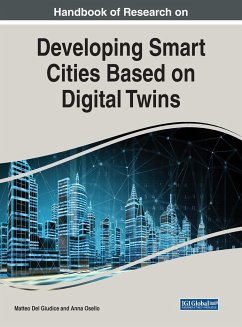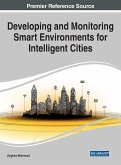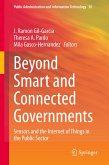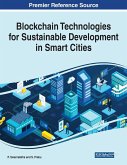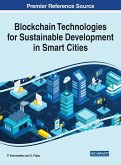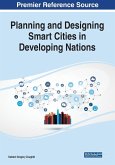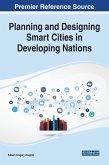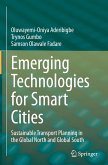The advent of connected, smart technologies for the built environment may promise a significant value that has to be reached to develop digital city models. At the international level, the role of digital twin is strictly related to massive amounts of data that need to be processed, which proposes several challenges in terms of digital technologies capability, computing, interoperability, simulation, calibration, and representation. In these terms, the development of 3D parametric models as digital twins to evaluate energy assessment of private and public buildings is considered one of the main challenges of the last years. The ability to gather, manage, and communicate contents related to energy saving in buildings for the development of smart cities must be considered a specificity in the age of connection to increase citizen awareness of these fields. The Handbook of Research on Developing Smart Cities Based on Digital Twins contains in-depth research focused on the description of methods, processes, and tools that can be adopted to achieve smart city goals. The book presents a valid medium for disseminating innovative data management methods related to smart city topics. While highlighting topics such as data visualization, a web-based ICT platform, and data-sharing methods, this book is ideally intended for researchers in the building industry, energy, and computer science fields; public administrators; building managers; and energy professionals along with practitioners, stakeholders, researchers, academicians, and students interested in the implementation of smart technologies for the built environment.
Hinweis: Dieser Artikel kann nur an eine deutsche Lieferadresse ausgeliefert werden.
Hinweis: Dieser Artikel kann nur an eine deutsche Lieferadresse ausgeliefert werden.

